
Looking Forward To Seeing You: Grammar + Examples[2024]
“Looking Forward To Seeing You: Grammar + Examples[2024]” is a comprehensive guide that focuses on the correct usage of the phrase “looking forward to seeing you” in English grammar.
This resource provides a brief introduction to the grammatical structure of the phrase and offers practical examples to illustrate its proper usage.
By familiarizing yourself with this guide, you will gain a better understanding of how to express your anticipation and excitement for meeting someone in a grammatically accurate and natural way.
What is “Looking Forward To Seeing You” means?
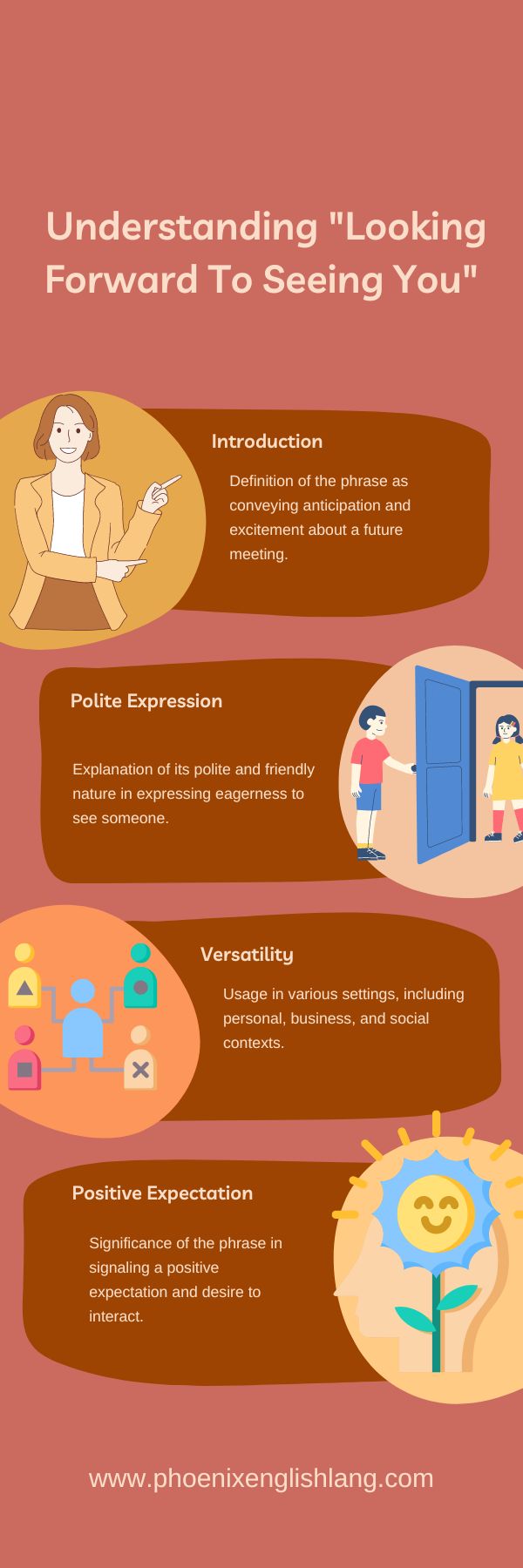
The phrase “Looking Forward To Seeing You” is an expression used to convey anticipation and excitement about meeting someone in the future. It is a polite and friendly way to express your eagerness to see someone and spend time together.
This phrase is commonly used in both formal and informal settings, such as in personal conversations, business meetings, or social gatherings. It signifies a positive expectation and a desire to meet and interact with the person mentioned.
You might also enjoy: GNG Meaning In Text and TikTok [My 2024 Update]
Some Examples of “Looking Forward To Seeing You” messages in different contexts
Personal context: “Hey [Friend’s Name], I’m really looking forward to seeing you this weekend! Can’t wait to spend some quality time together.”
Professional context
“Dear [Colleague’s Name], I wanted to let you know that I’m looking forward to seeing you at the upcoming team meeting. Your insights and contributions are always valuable, and I’m excited to collaborate with you.”
Family context
“Hi Mom and Dad, just wanted to drop a quick message to say how much I’m looking forward to seeing you both during the holidays. It’s always a special time when we’re all together.”
Romantic context
“Sweetheart, I can’t express how much I’m looking forward to seeing you tonight. Your presence always brightens up my day, and I can’t wait to hold you in my arms again.”
Reunion context
“Hello old friends, it’s been years since we last met, and I’m genuinely looking forward to seeing you all at the reunion. Let’s reminisce about the good old days and create new memories together.”
Academic context
“Hey [Study Group’s Name], our study session is just a few days away, and I’m looking forward to seeing you all. Together, we can conquer this subject and achieve great results.”
Volunteer context
“Hello fellow volunteers, the community event is approaching, and I’m thrilled to be working alongside you all. Looking forward to seeing you there and making a positive impact together.”
You might also enjoy: Top of The Morning - Meaning + Its origin + Examples [2024]
Using the correct verb tense: Present continuous
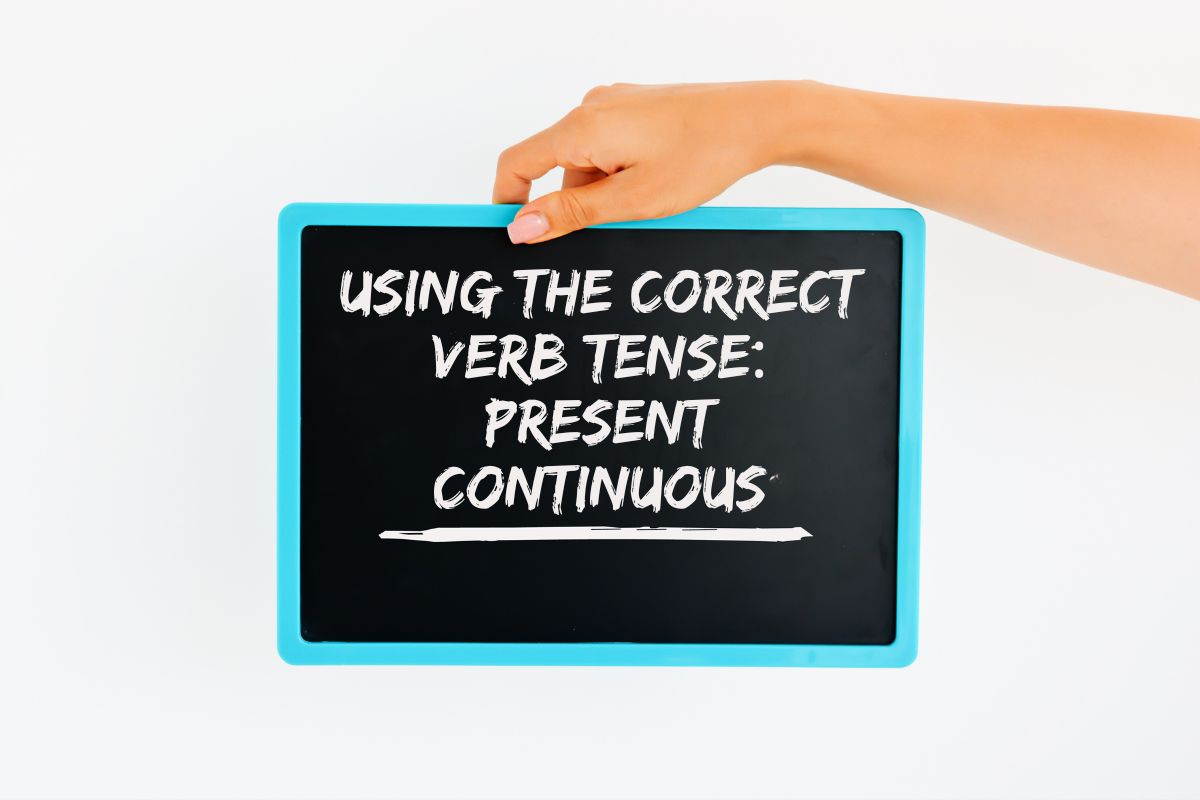
Using the correct verb tense, the present continuous of “Looking Forward To Seeing You” is “I am looking forward to seeing you.”
In my classes, I often teach students to use this sentence structure to express anticipation or excitement about meeting someone. Here are a few examples:
“We are all looking forward to seeing you at the team meeting tomorrow. Your input is highly valued.””She is looking forward to seeing you at the concert next week. It’s her favorite band!”
By using the present continuous tense, we convey that the anticipation or excitement is happening in the present moment.It adds a sense of immediacy and enthusiasm to the statement.
Adding time expressions for specificity
In my classes, I often emphasize the importance of using time expressions to add specificity and clarity to our messages.
When expressing excitement about seeing someone, incorporating time references can enhance the anticipation and provide a clearer understanding of when the meeting or event will take place. Here is one of example:
Professional context:”Dear [Colleague’s Name], I wanted to let you know that I’m looking forward to seeing you at the upcoming team meeting on Monday morning. Your insights and contributions are always valuable, and I’m excited to collaborate with you.”
By incorporating specific time expressions like “this Saturday evening” and “on Monday morning,” we provide a clear timeframe for the anticipated meeting. This helps the recipient of the message to plan accordingly and ensures that both parties are on the same page regarding the scheduled event.
Here are 30 example sentences using the phrase “Looking forward to seeing you”:
1.I’m **looking forward to seeing you** at the family reunion next month.
2.She told me she’s **looking forward to seeing you** at the wedding this weekend.
3.I’m really **looking forward to seeing you** after such a long time apart.
4.Everyone’s **looking forward to seeing you** at the holiday party!
5.He’s **looking forward to seeing you** play in the concert tomorrow.
6.Are you **looking forward to seeing you** at the book signing event next week?
7.I’m **looking forward to seeing you** and catching up over coffee.
8.The kids are **looking forward to seeing you** at the park this Saturday.
9.I’ve planned some fun activities and I’m **looking forward to seeing you** join us!
10.She is **looking forward to seeing you** at the art exhibit opening.
11.I heard great things about your presentation; I’m **looking forward to seeing you** shine!
12.We’re all **looking forward to seeing you** again during the summer break.
13.I’m **looking forward to seeing you** at the conference and sharing ideas.
14.He said he’s **looking forward to seeing you** at your new home this Friday.
15.I’m so excited and **looking forward to seeing you** at the graduation ceremony.
16.Our team is **looking forward to seeing you** at the annual meeting.
17.She can’t stop talking about how she’s **looking forward to seeing you** perform.
18.I’m **looking forward to seeing you** participate in the local marathon.
19.During our call, they mentioned they’re **looking forward to seeing you** when they visit.
20.I’ll be **looking forward to seeing you** and your family at the picnic in the park.
21.We’re all **looking forward to seeing you** at the trivia night at the pub.
22.I’m **looking forward to seeing you** on the big screen in your new movie.
23.The team is **looking forward to seeing you** in practice this week.
24.I’m **looking forward to seeing you** introduce your new project at the workshop.
25.Everyone is **looking forward to seeing you** at the farewell party on Friday.
26.She’s been texting me about how she’s **looking forward to seeing you** for brunch.
27.I’ve missed you so much! I’m **looking forward to seeing you** at our lunch date.
28.We’re **looking forward to seeing you** bring your famous dessert to the potluck!
29.He said he’s **looking forward to seeing you** kick off the game this weekend!
30.I can’t wait; I’m **looking forward to seeing you** return home for the holidays!
You might also enjoy: No Earlier Than - All You Need To Know [Meaning + Examples]
Including personal touches in your message
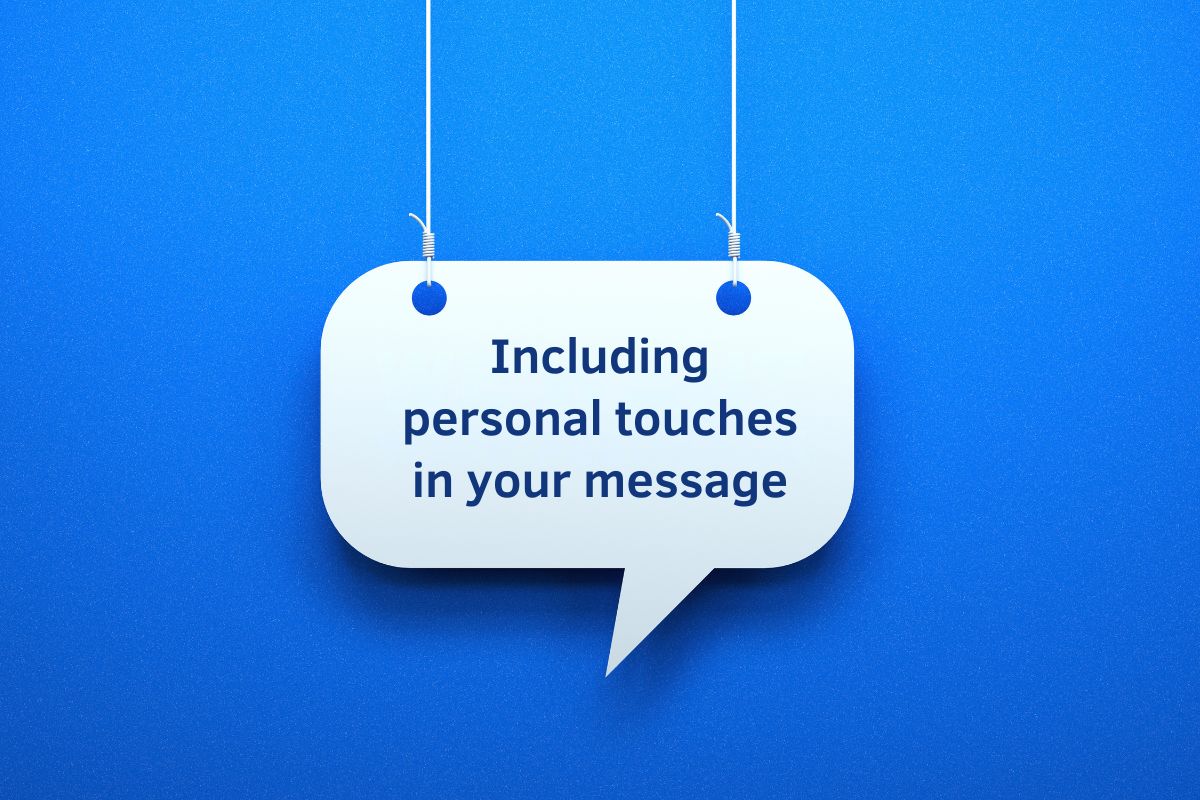
When crafting a message expressing your anticipation with “Looking Forward To Seeing You,” it’s important to add personal touches that reflect your unique relationship with the recipient.
By incorporating specific details and using sentences that create a sense of connection, you can make your message more meaningful and memorable. Here are some examples of how to include personal touches:
Personal context: “Hey [Friend’s Name], I’m genuinely excited to see you this weekend! Our long chats and shared laughter always leave me feeling uplifted. Can’t wait to catch up and create more cherished memories together.”
Professional context: “Dear [Colleague’s Name], I wanted to express my enthusiasm for our upcoming team meeting. Your expertise and collaborative spirit have always inspired me. Looking forward to seeing you and brainstorming innovative ideas.”
Remember, personal touches can vary depending on the context and your relationship with the recipient. By using sentences that reflect your genuine emotions and the bond you share, you can make your message more heartfelt and engaging.
You might also enjoy: Top 50 Professional Synonyms for ;I Would Love ;
Using appropriate greetings and closings
Using appropriate greetings and closings is essential when expressing your anticipation to see someone. Here are some examples of how to incorporate the phrase “Looking Forward To Seeing You” into your greetings and closings, using sentences that are commonly taught in language classes: Closing: “Take care and see you soon! Looking forward to seeing you.”
Greeting: “Hello [Recipient’s Name], I trust you are doing well. Just a quick note to say that I am eagerly anticipating our upcoming meeting.”
Closing: “Warm regards and see you soon! Looking forward to seeing you.”
Closing: “Until we meet again, take care. Looking forward to seeing you.”
Closing: “Best wishes and see you soon! Looking forward to seeing you.”
Remember, using appropriate greetings and closings not only adds a polite touch to your message but also conveys your genuine excitement about seeing the person.
Here’s a set of 20 questions and answers regarding the phrase “Looking Forward to Seeing You,” focusing on grammar and examples, along with a lengthy explanation where applicable.
1. Q: What does “Looking Forward to Seeing you” mean?
A: “Looking forward to seeing you” expresses anticipation or eagerness regarding an upcoming meeting or event with someone. It conveys a positive feeling about reuniting or encountering that person.
2. Q: Is “Looking forward to seeing you” grammatically correct?
A: Yes, it is grammatically correct. The phrase uses the present continuous form “looking forward” combined with the gerund “seeing,” which is appropriate in this context.
3. Q: When should I use “Looking Forward To Seeing You”?
A: You should use this phrase when you want to express excitement or anticipation about an upcoming meeting, visit, or event with someone.
4. Q: Are there variations of this phrase I can use?
A: Yes, variations include “I’m excited to see you,” “I can’t wait to see you,” or “I eagerly anticipate seeing you.”
5. Q: Can “Looking forward to” be used in other contexts?
A: Yes, it can be used in various contexts, such as “Looking forward to hearing from you” or “Looking forward to the weekend.”
6. Q: Is it polite to say “Looking forward to seeing you” in a formal email?
A: Yes, it is polite and appropriate to use this phrase in formal emails, especially in the closing remarks.
7. Q: Can you give an example of this phrase in a sentence?
A: Sure! “I’m looking forward to seeing you at the conference next week where we can discuss our project further.”
8. Q: How do I respond if someone says, “I’m looking forward to seeing you”?
A: A typical response could be, “I’m looking forward to seeing you too!” or simply, “Me too, I can’t wait!”
9. Q: Is “Looking forward to seeing you” an informal expression?
A: While it’s friendly, the phrase can be used in both informal and semi-formal contexts, making it versatile.
10. Q: How do you use this phrase in a text message?
A: You can text: “Hey! Just wanted to say I’m looking forward to seeing you at the party tonight!”
11. Q: What is the significance of using “looking forward to” instead of just “looking”?
A: “Looking forward to” conveys a sense of anticipation, while “looking” alone is too vague and doesn’t imply eagerness or excitement.
12. Q: Can I say “I look forward to see you”?
A: No, that’s incorrect. The correct form is “I look forward to seeing you” because “to” must be followed by a gerund (the -ing form).
13. Q: Is it acceptable to use this phrase with someone I have just met?
A: Yes, it’s appropriate, especially if you had a pleasant interaction and intend to meet again.
14. Q: Can “Looking forward to seeing you” be used for professional meetings?
A: Absolutely! It’s a great way to express enthusiasm for a work-related meeting or event.
15. Q: How can I personalize “Looking forward to seeing you” for a specific occasion?
A: You can personalize it by mentioning the occasion, for example, “I’m looking forward to seeing you at your wedding!”
16. Q: Is “Looking forward to seeing you” used more in spoken or written English?
A: It is commonly used in both spoken and written English, making it a versatile expression.
17. Q: Should I capitalize the phrase when writing it in an email?
A: You should capitalize it only if it starts a sentence. For example: “Looking forward to seeing you at the picnic.”
18. Q: Can I make it more formal for a business context?
A: Yes, you could say, “I am looking forward to the opportunity to see you at the upcoming meeting.”
19. Q: What are some synonyms for “Looking Forward to Seeing you”?
A: Synonyms include “Excited to see you,” “Anticipating your visit,” or “Eager to catch up.”
20. Q: How can expressing “Looking forward to seeing you” strengthen relationships?
A: It shows enthusiasm and consideration for the other person, reinforcing friendship or professional connections before an upcoming meeting.
Writing in a formal or informal tone
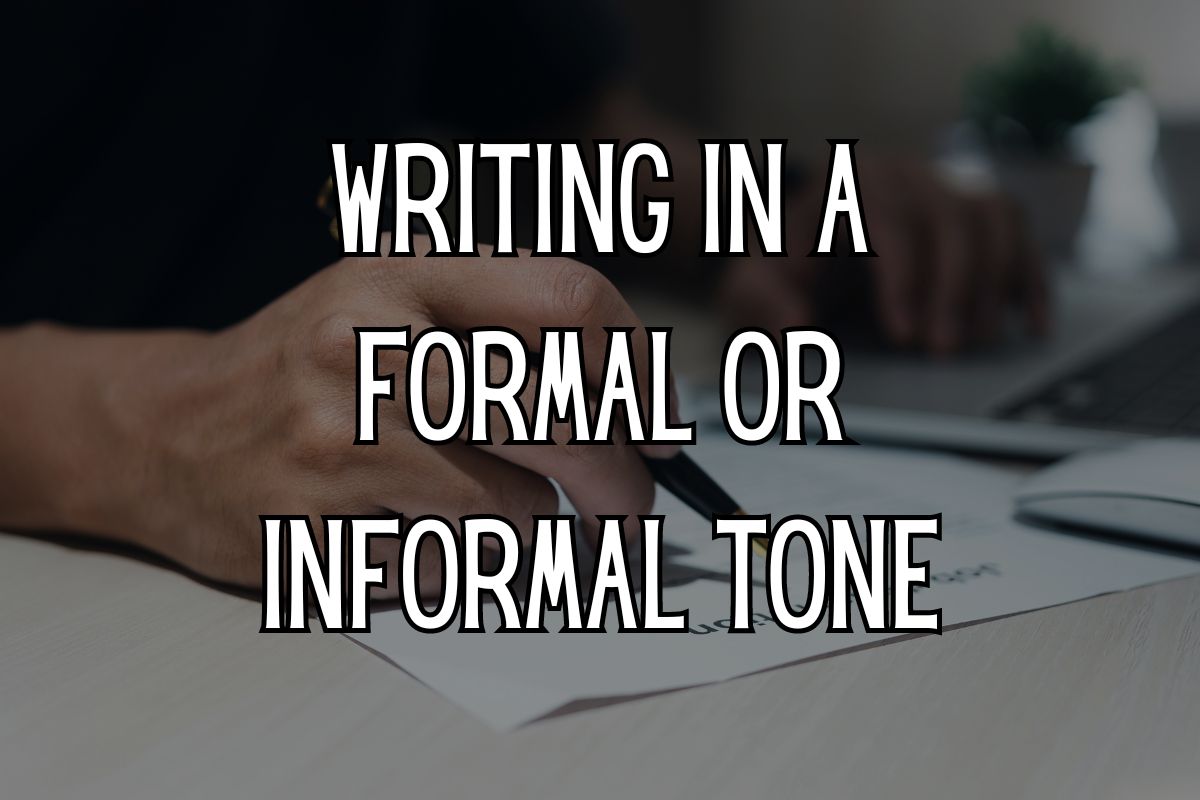
When it comes to writing in a formal or informal tone, the phrase “Looking Forward To Seeing You” can be used in various contexts. In formal writing, it is important to maintain a professional tone and adhere to certain guidelines. Here are some examples of how to incorporate this phrase into formal and informal writing, using sentence structures commonly taught in writing classes:
Formal tone
Formal event invitation: “Dear [Guest’s Name], We cordially invite you to our annual charity gala. Your presence would be greatly appreciated as we aim to raise funds for a noble cause. We are looking forward to seeing you at the event and making a positive impact together. Kindly RSVP by [Date].”
Informal tone
Personal email: “Hey [Friend’s Name], I just wanted to drop you a quick message to let you know how excited I am to see you next week. It’s been too long since we last caught up, and I can’t wait to spend some quality time together. Looking forward to seeing you soon!”
Casual invitation: “Hey [Friend’s Name], we’re having a small get-together at my place this Friday. Looking forward to seeing you and having a great time together!”
Informal event reminder: “Hey [Group’s Name], just a friendly reminder that our hiking trip is this Saturday. The weather forecast looks great, and I’m really looking forward to seeing you all there. Let’s meet at the trailhead at 9 am. See you soon!”
Remember, the choice between a formal or informal tone depends on the context and the relationship with the recipient. It is essential to consider the appropriate level of formality to ensure effective communication.
You might also enjoy: Messege Vs Message ; Correct Spelling + Examples [2024]
Proofreading for grammar and punctuation errors
Proofreading is an essential step in ensuring that your written communication is clear, professional, and error-free. When it comes to checking for grammar and punctuation errors in a phrase like “Looking Forward To Seeing You,” there are a few key strategies that can be applied. Let’s explore some of these strategies using sentences commonly taught in writing classes: Spelling: Double-check that all words in the sentence are spelled correctly. Pay attention to common errors such as “forward” instead of “foward” or “seeing” instead of “seing.”
Commas: Evaluate if any commas are needed to separate elements within the sentence. In this case, no commas are required as the sentence is straightforward and does not contain any additional clauses or phrases.
By applying these proofreading techniques, you can ensure that your phrase “Looking Forward To Seeing You” is grammatically correct and free from punctuation errors.
Remember, proofreading is a valuable skill that can enhance the clarity and professionalism of your written communication.
Is looking forward to seeing you formal or informal?
“Looking forward to seeing you” is considered a polite and friendly way to express anticipation or excitement about meeting someone.
It is commonly used in both formal and informal settings, such as in professional emails, casual conversations, or social gatherings. It conveys a sense of warmth and positivity towards the upcoming meeting or interaction.
How do you say polite looking forward?
A polite way to express anticipation or eagerness is to say:
“I look forward to [something].”
For example:
“I look forward to hearing from you.”
“I look forward to our meeting.”
“I look forward to the opportunity.”
This phrase is commonly used in professional or formal communication to convey a positive expectation.
How do you say looking forward professionally?
In professional communication, you can express anticipation or eagerness by using phrases like:
“I anticipate [something].”
“I’m eager to [something].”
“I’m looking forward to [something].”
“I await [something] with enthusiasm.”
These expressions convey a sense of professionalism while expressing a positive outlook or expectation.
What can I write instead of looking forward to?
Instead of “looking forward to,” you can use alternative phrases to convey a similar sentiment, depending on the context:
- “I am excited about…”
- “I eagerly anticipate…”
- “I am enthusiastic about…”
- “I am keen on…”
- “I am anticipating with enthusiasm…”
- “I am eager to…”
- “I am interested in…”
These alternatives can help add variety to your language while maintaining a professional tone.
What can I say instead of I look forward to meeting you?
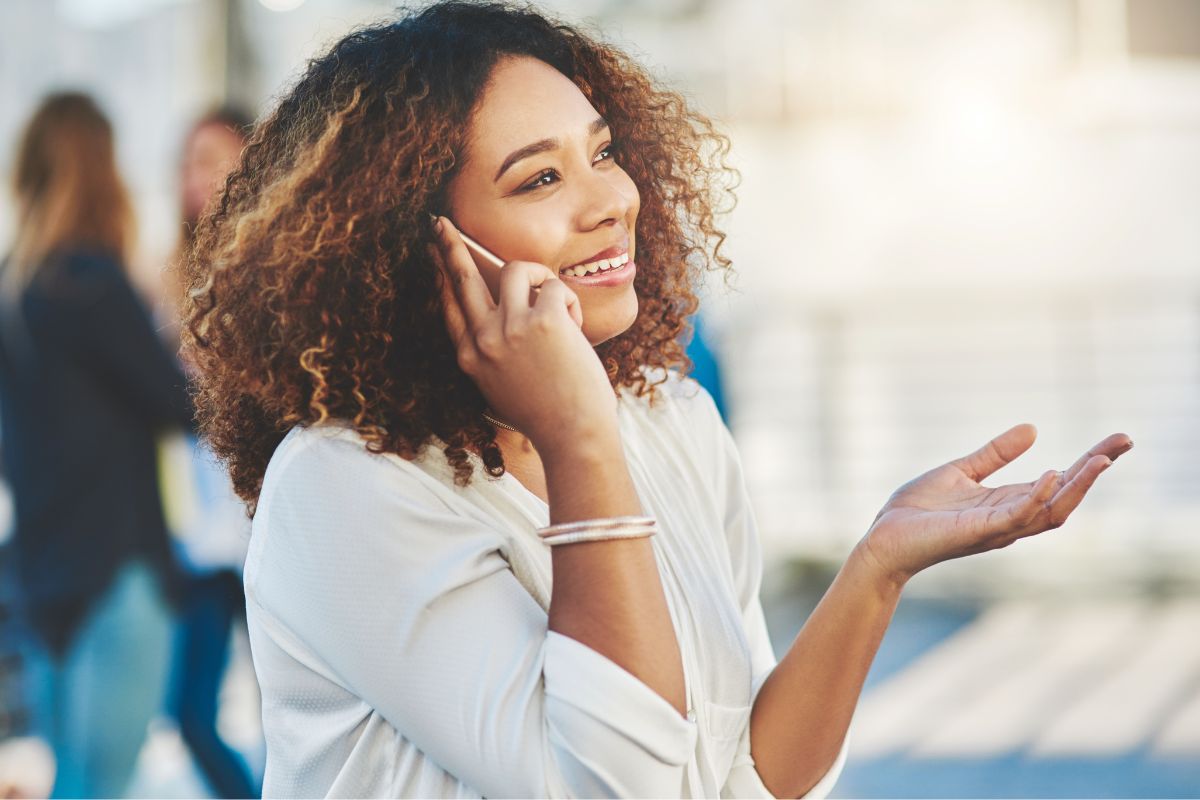
Certainly, you can express the same sentiment in various ways. Here are some alternatives:
- “I’m excited about the prospect of meeting you.”
- “I eagerly anticipate our meeting.”
- “I’m looking forward to the opportunity to meet with you.”
- “I anticipate our meeting with enthusiasm.”
- “I’m enthusiastic about our upcoming meeting.”
- “I’m keenly anticipating our meeting.”
- “I’m looking forward to our face-to-face discussion.”
Choose the one that fits the tone and formality of your communication.
How do you say polite looking forward?
A polite way to express anticipation or eagerness is to say:
“I look forward to [something].”
For example:
“I look forward to hearing from you.”
“I look forward to our meeting.”
“I look forward to the opportunity.”
This phrase is commonly used in professional or formal communication to convey a positive expectation.
Can you say I look forward to your reply?
Yes, “I look forward to your reply” is a polite and common way to express anticipation for someone’s response in written communication.
Can I simply say looking forward?
Yes, you can say “Looking forward” as a concise and informal way to express anticipation or eagerness in a casual context. For example, “Looking forward to it!” or “Looking forward to hearing from you.”
Conclusion
In conclusion, “Looking Forward To Seeing You: Grammar + Examples[2024]” serves as a valuable resource for understanding the proper usage of the phrase “looking forward to seeing you” in English grammar.
This guide provides a concise introduction to the grammatical structure of the phrase and offers practical examples to illustrate its correct usage.
By familiarizing yourself with this resource, you will be equipped with the knowledge to express your anticipation and excitement for meeting someone in a grammatically accurate and natural way.
Whether in personal or professional contexts, mastering the usage of this phrase will enhance your communication skills and help you convey your enthusiasm effectively.
Link nội dung: https://truyenhay.edu.vn/were-looking-forward-to-see-you-again-a62554.html